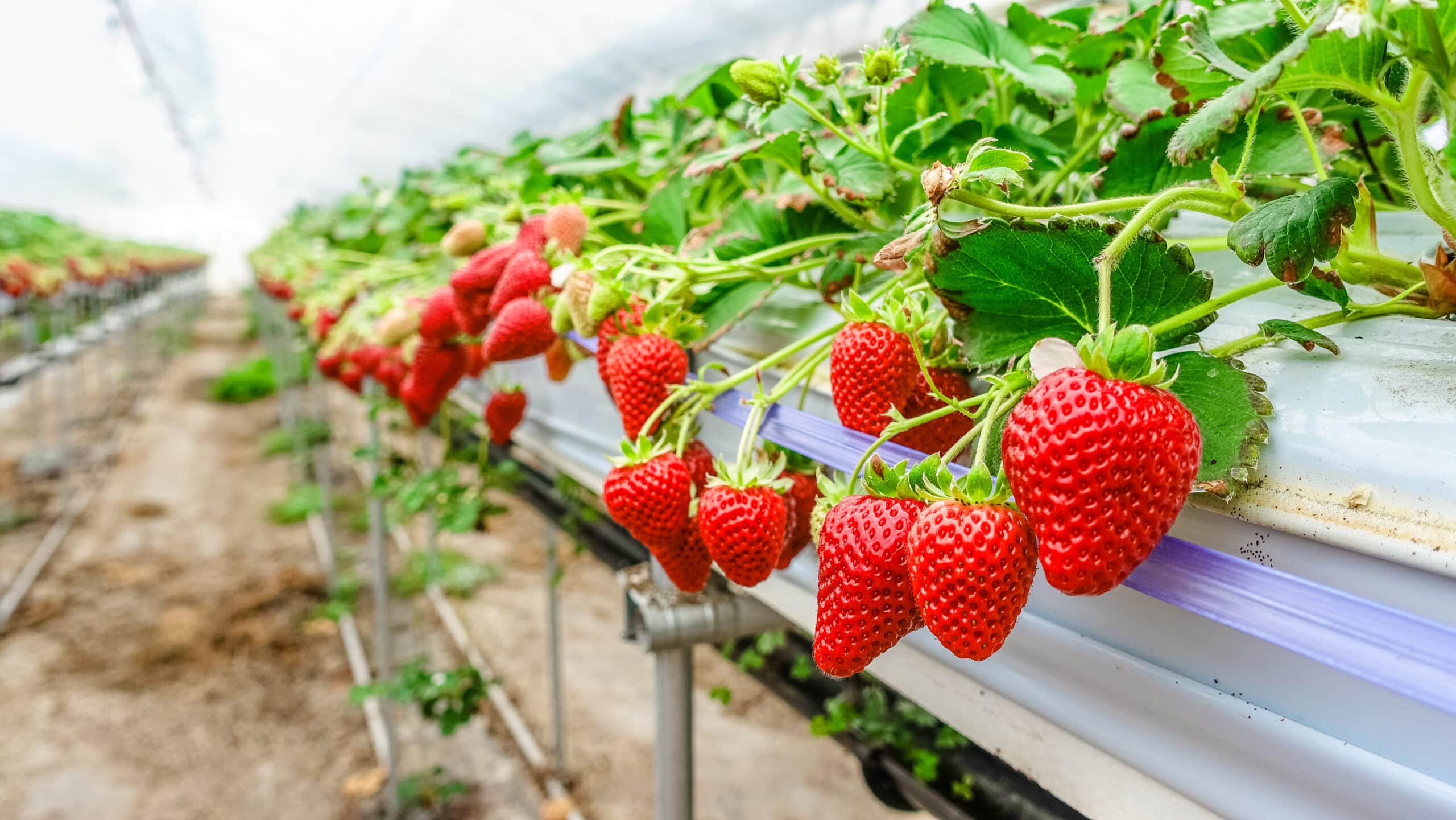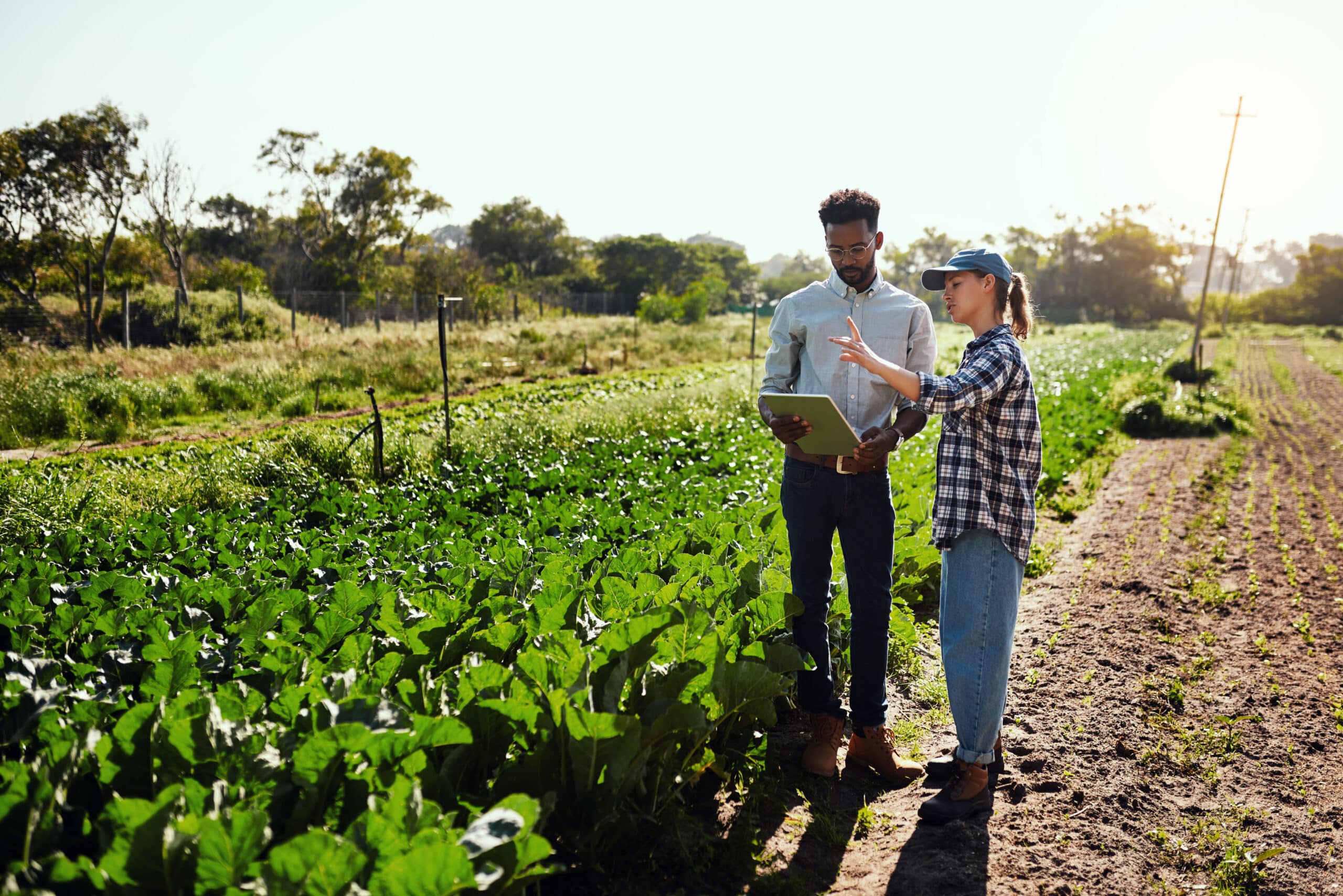Agribusiness feasibility studies play a critical role in identifying whether a proposed project or initiative can achieve its intended objectives. It is only by going beyond technical and financial considerations and analysing a wide array of additional factors such as organisational capacity, stakeholder impacts, environmental sustainability, and industry dynamics that agribusinesses can truly gauge a project’s feasibility.
This article seeks to bring clarity to the feasibility process by identifying the key elements of successful feasibility studies and providing a framework for companies to evaluate new opportunities.
Defining what needs to be evaluated
The first step is clearly defining what aspects of “feasibility” need to be evaluated. This might include evaluating the organisation’s capacity to undertake a new venture, assessing a project’s impact on key stakeholders, examining the viability of agricultural processes and technologies, analysing economic viability, analysing environmental sustainability, and/or analysing industry dynamics.
This scope reflects the diversity of factors that can influence outcomes for capital-intensive and environmentally sensitive agribusiness projects with extended timelines and complex stakeholder ecosystems. Limiting feasibility assessments to just technical or financial considerations would be inadequate.
Developing an iterative approach
Agriculture is an inherently uncertain domain, heavily influenced by uncontrollable variables like weather patterns, technological innovations, trade policies and more. New agribusiness ventures frequently face uncertainties around factors that may be unknown or difficult to assess accurately in a standalone analysis.
Rather than considering agribusiness feasibility studies as a linear, one-time exercise, agribusinesses ought to adopt an iterative approach that continually uncovers and manages uncertainties as new information emerges. Scenario planning, computational modelling, prototyping and pilot studies can help with this process.
An iterative approach allows agribusinesses to build a robust understanding of feasibility drivers over time and allows continuous refinement rather than committing prematurely to an incompletely evaluated plan.
Integrating multi-disciplinary knowledge sources
Integrating a diverse range of information and stakeholder perspectives is key to creating a comprehensive and accurate agribusiness feasibility assessment. Agribusiness feasibility studies inherently cover a wide scope, as they typically rely on a broad range of disciplines including agriculture, environmental science, economics, and technology. Integrating diverse sources of knowledge and stakeholder perspectives is vital to avoid blind spots that could undermine the analysis.
Companies should begin by leveraging internal organisational knowledge from various functions such as operations, supply chain management, marketing, and sustainability. This existing intelligence should provide a valuable foundation for the assessment, but relying entirely on inputs from siloed internal departments can only provide an incomplete picture.
External expertise and stakeholder insights can help create a more robust study, as they will often have a solid understanding of macro trends and adjacent issues such as market dynamics, climate patterns, policy trends, and emerging technologies all of which could significantly impact new ventures.
Collaboration mechanisms like workshops, advisory panels, and formal knowledge-sharing processes can help to systematically integrate these diverse perspectives into the agribusiness feasibility studies.
Examining similar projects
While new agribusiness proposals aim to forge new ground, learning from similar projects can help benchmark assumptions. Examining similar projects provides valuable context. For instance, studying the financial performance and environmental impact assessments of similar ventures can pressure-test financial predictions and sustainability estimations.
Ultimately, benchmarking against analogous projects allows agribusinesses to “de-risk” feasibility assessments by adjusting for optimism bias and grounding assumptions in evidence rather than speculation. However, accessing reference projects may be difficult as agribusiness ventures are often proprietary, and failures are often undisclosed. Still, agribusinesses should look to examine as many similar projects as possible, with the understanding that the absence of precedents likely signals higher uncertainty.
Evaluating organisational capabilities
Even the most meticulously planned agribusiness venture requires strong organisational capabilities to translate plans into reality. It is therefore critical that feasibility assessments audit whether the enterprise has the resources and competencies and to succeed with any proposed initiative.
This is done by evaluating current organisational strengths and weaknesses across key dimensions such as operations, technology implementation, business development, compliance, stakeholder management and more.
By benchmarking against industry best-practices, companies can then determine if existing capabilities are adequate, or what investments are required. Solutions like strategic partnerships, capacity building programs, hiring of specialised talent, and acquisition of complementary assets should be explored to build-up deficient areas.
Agribusinesses should also assess their institutional capacity for learning and adaptability. New ventures inevitably encounter unforeseen roadblocks, so the ability to embrace change and respond effectively to challenges should also be critically analysed.
Reporting through standard frameworks
To credibly share findings and secure necessary approvals, feasibility assessments should strive to report conclusions through standardised, well-recognised frameworks wherever possible. This enhances the legitimacy and comparability of any analysis.
For projecting financial viability, approaches like discounted cash flow modelling, net present value (NPV), internal rate of return (IRR), and sensitivity analyses add credibility when assessing the impact of various risks and uncertainties on financial outcomes.
Similarly, life cycle assessments, social return on investment analyses, can help benchmark environmental and social impact findings. While technology readiness assessments and manufacturing readiness assessments can provide a structured evaluation of the technical and production capabilities of a project as well as assure investors, regulators and other stakeholders.
Long-term strategic perspective
While feasibility assessments provide a snapshot of a project’s potential success based on current conditions, it is crucial to also consider possible future shifts that could significantly impact the venture’s viability. To ensure a comprehensive evaluation, feasibility studies should incorporate a “stress test” of the project’s resilience to these future changes. This might involve scenario planning and other risk assessments over multi-year time horizons. Additionally, a phased or modular approach to feasibility studies may also be employed to allow for midcourse corrections.
Getting agribusiness feasibility studies right
Agribusiness feasibility studies serve as a critical tool for making informed and strategic investment decisions within the agribusiness sector. To ensure sufficient rigor, assessments must take an iterative and interdisciplinary approach that spans economic, technical, environmental, and social considerations.
At Farrelly Mitchell, we specialise in conducting detailed feasibility and financial modelling to guide corporations, sovereign wealth, and private equity firms in making informed, strategic investment decisions.
Our services provide comprehensive analyses of the commercial, technical, and financial aspects of projects, offering clear recommendations and risk mitigation strategies to optimise investment outcomes and enhance strategic agility. In addition to our feasibility services, we provide a suite of commercial support for agribusinesses, including due diligence, strategy & execution, market intelligence, business planning, and much more. Get in touch with our team today to find out more and position your business for sustainable growth.














